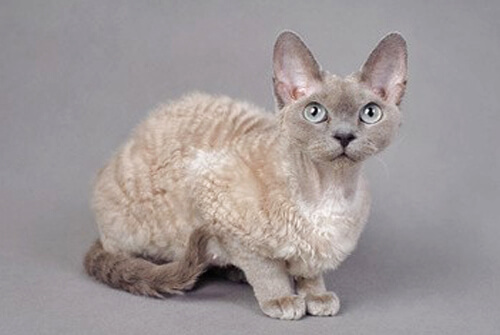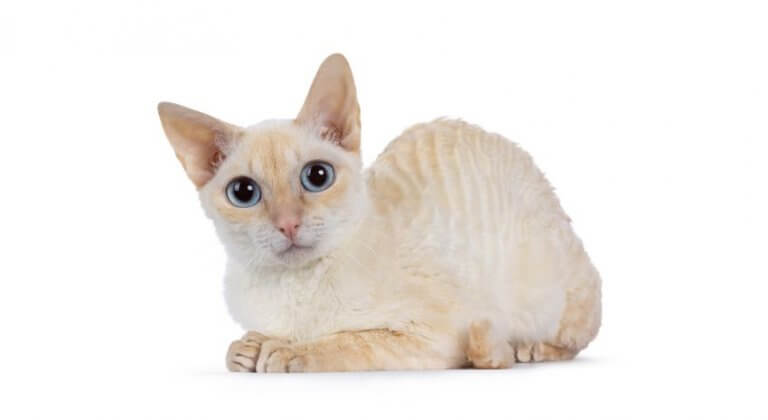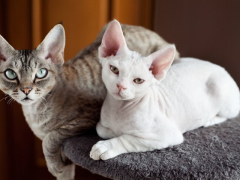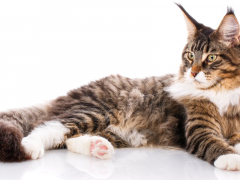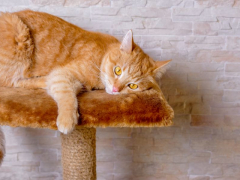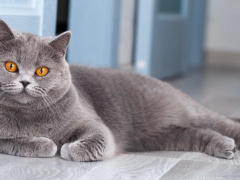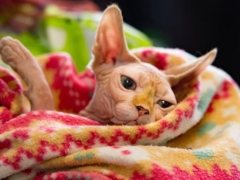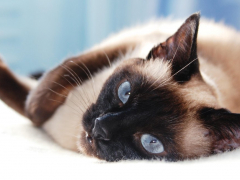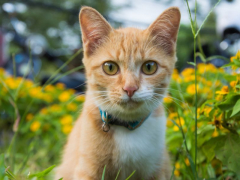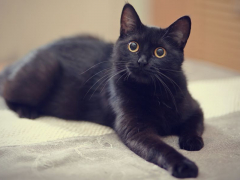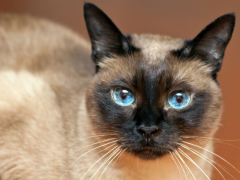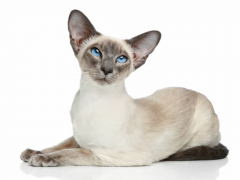Personality and Temperament
If you've been searching for a highly intelligent cat, the German Rex might be the perfect breed for you. These cats are so smart that they've been nicknamed the "Einsteins of the cat world." This trait makes the German Rex a lot of fun to live with: This kitty takes very well to training, easily picking up new tricks and amusing family members with innovative antics.
Because German Rex cats are so intelligent, they require plenty of toys. Puzzle games are favorites, and they thrive with lots of interactive play using everything from bits of crumpled paper to feathered wands. Without adequate stimulation, these kitties can get into quite a bit of trouble, poking their noses into cabinets and showing you what gravity is all about by knocking cherished decorative objects off high shelves.
Some of the world's smartest cats can be a bit standoffish. Luckily, the German Rex is as affectionate as it is intellectual. These kitties live for attention from their favorite humans and they enjoy cuddling when they're not busy playing. They get along well with everyone in the family, including other cats and well- behaved dogs.
Discover other types of rex cats: Selkirk Rex, Cornish Rex, Devon Rex
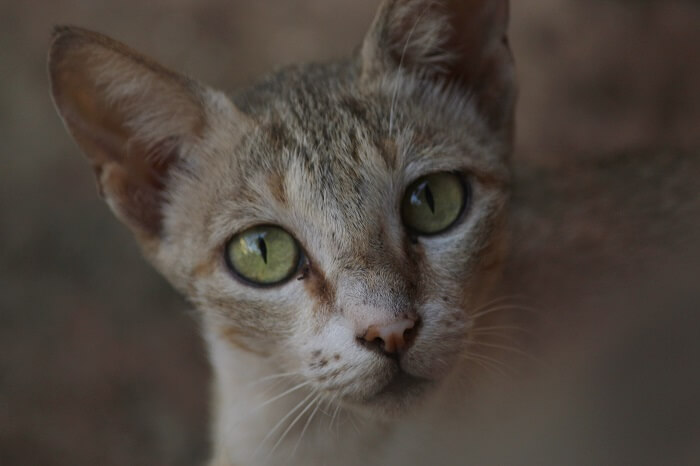
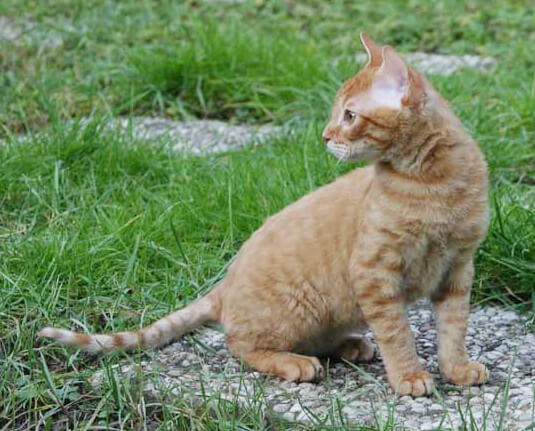
Care
Nutrition
Grooming
Exercise
Health
German Rex cats have no special nutritional needs, however they thrive when provided with a high- quality diet. If you aren't treating your German Rex to fresh food, look for a high-protein brand that includes real fish or meat as its first ingredient.
Most families find that their German Rex cat requires very little brushing. These unique kitties do require bathing on occasion, as excess oil can cause their fur to take on a greasy feel.
These frisky felines love to play and will appreciate the opportunity to show you their special skills as often as they can. They love to run, jump, and climb, so be sure to get the biggest, best cat tree you can find!
Cat scratchers and toys of all kinds will be appreciated as well. Interactive toys such as teaser wands and lasers help maximize your cat's activity level and prevent boredom.
German Rex cats are generally very healthy, with no known genetic disorders. Because they have such fine coats, they need to be kept indoors, where they can easily maintain the correct body temperature and enjoy protection from sun, wind, and wet, cold weather.
History
As the breed name suggests, the German Rex was developed in Germany. Shortly after the end of the second world war, a feral female cat was rescued from the ruins of East Berlin when Dr. R. Scheuer- Karpin found her wandering in the garden outside Hufeland Hospital. The cat's wavy black coat gave her the appearance of a little black lamb, so the rescuer named her Lammchen, which translates to Lambkin. In 1957, Lammchen was bred with one of her wavy haired offspring, creating the first litter of German Rex kittens.
In 1960, two German Rex females were imported into the United States. These females, named Jet and Marigold, were soon joined by a male German Rex cat named Christopher Columbus. These three individuals served as the foundation for the breed's expansion across America.
Today, German Rex cats remain scarce and are difficult to find. The Cat Fanciers Association does not recognize the breed; instead, it recognizes the similar Cornish Rex. FIFe – the International Cat Federation – is the only major association that currently recognizes the German Rex cat breed.

